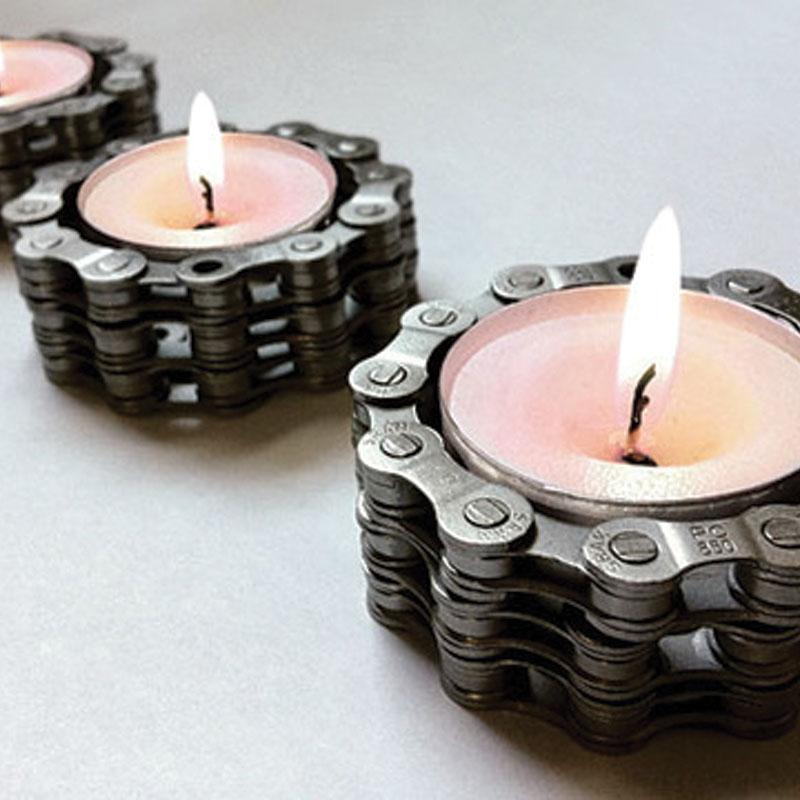- News
- Reviews
- Bikes
- Accessories
- Accessories - misc
- Computer mounts
- Bags
- Bar ends
- Bike bags & cases
- Bottle cages
- Bottles
- Cameras
- Car racks
- Child seats
- Computers
- Glasses
- GPS units
- Helmets
- Lights - front
- Lights - rear
- Lights - sets
- Locks
- Mirrors
- Mudguards
- Racks
- Pumps & CO2 inflators
- Puncture kits
- Reflectives
- Smart watches
- Stands and racks
- Trailers
- Clothing
- Components
- Bar tape & grips
- Bottom brackets
- Brake & gear cables
- Brake & STI levers
- Brake pads & spares
- Brakes
- Cassettes & freewheels
- Chains
- Chainsets & chainrings
- Derailleurs - front
- Derailleurs - rear
- Forks
- Gear levers & shifters
- Groupsets
- Handlebars & extensions
- Headsets
- Hubs
- Inner tubes
- Pedals
- Quick releases & skewers
- Saddles
- Seatposts
- Stems
- Wheels
- Tyres
- Health, fitness and nutrition
- Tools and workshop
- Miscellaneous
- Cross country mountain bikes
- Tubeless valves
- Buyers Guides
- Features
- Forum
- Recommends
- Podcast
news
 tealights (c) Cycle Geezer.jpg
tealights (c) Cycle Geezer.jpgCandle-powered: the Dutch cyclist in trouble when the wind blew
A Dutch man stopped by police this week for not having lights at night surprised officers with his explanation for being barely visible.
The man in Zandvoort, to the west of Amsterdam, explained to the officers that ‘the candles must have blown out’.
He searched his pockets for a box of matches, before re-lighting the tea lights and putting them into glass holders, white for the front and red for the back.
The astonished police officers allowed him to carry on his journey, according to a statement reported by the NL Times.
It’s not clear whether this novel approach would hold any sway with police in the UK.
Last year we reported how a cyclist in Essex was fined £225 by magistrates – for failing to have lights or reflectors on his bike.
Chelmsford Magistrates’ Court also ordered Roman Abramov of Grays to pay £90 in costs and a £22 victim surcharge after finding him guilty.
The 23-year-old had been stopped on 19 February by police carrying out a casualty reduction patrol on London Road in Purfleet.
They found that his bike had no lights or reflectors, both required in the hours of darkness under the Road Vehicle Lighting Regulations 1989 as amended by subsequent legislation.
Police Sergeant David Martin commented: "Cycling in the dark without lights is extremely dangerous both for the rider and for other road users.
“This result shows that illegal behaviour by cyclists will not be tolerated in Essex.”
According to Road Vehicles Lighting Regulations cyclists must show a front white and rear red light, which can be flashing or steady, as well as rear red reflectors and amber pedal reflectors. -
Latest Comments
- Slartibartfast 35 min 8 sec ago
The street in the York letter is at the end of my road and it is, as the writer says, abysmal. Slalom of parked cars and then drivers ignoring the...
- andystow 35 min 41 sec ago
Does the judge have to accept the guilty plea to the lesser charge? In the US they don't have to (although they usually do accept it.)
- StevenCrook 40 min 19 sec ago
They shouldn't actively prevent them from passing, but the highway code is clear, in shared spaces pedestrians have priority, and it's up to the...
- Rendel Harris 46 min 5 sec ago
But wasn't Eurosport always part of the the Sky TV package? I think even if you didn't subscribe to Sky Sports it came as part of the basic deal,...
- don simon fbpe 1 hour 13 min ago
One does not necessarily lose one's principles as one's net worth increases.
- Steve K 1 hour 42 min ago
No, because the guarantee is not transferable, so expires if you sell the bike. Had you had the bike from new, then I'm not sure because I don't...
- Rendel Harris 1 hour 49 min ago
Cannondale are made in Taiwan and Vietnam, I thought?
- OldSkoolOldFart 2 hours 44 min ago
Why do I ride on the pavement? Because the A82 through Fort William where I live is bad enough without me holding up the traffic and it's...
- bensynnock 3 hours 14 min ago
It was nowhere near than bad, or at least the traffic cleared fairly quickly. I went through this area at 6pm last night and it was free flowing if...
- rothbags 3 hours 30 min ago
Still got that weird Boardman short legs, and longer body geometry thats got me running an 80mm - 17 degree stem on a medium-sized frame and I'm 5...
Add new comment
1 comments
The Road Vehicle (Lighting) Regulations 1989 only state that the lamps must be lit during hours of darkness (Half an hour after sunset to half an hour before sunrise) and places no restrictions regarding their power-source.
Vintage motor vehicles and horse drawn carriages often have acetylene, gas, candle or oil lamps.